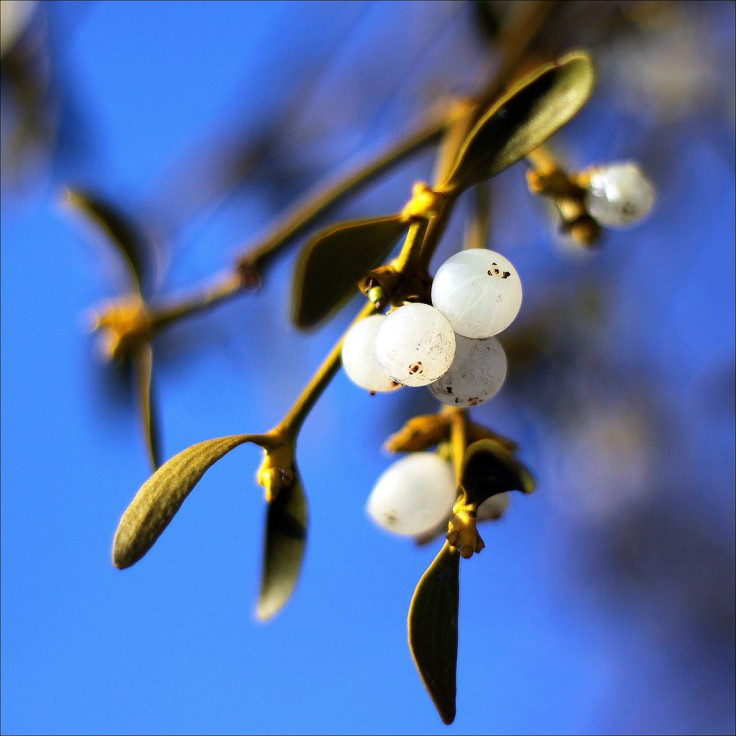Mistletoe Brings the Kiss of Death to Cancer

Standing under the mistletoe may get you more than just a Christmas kiss, after scientists discovered that the festive foliage may also help fight colon cancer.
Australian researchers found that while a certain species of mistletoe, called fraxini, was effective at destroying cancer cells, it was gentler on healthy intestinal cells compared to chemotherapy.
"This might mean fraxini is a potential candidate for increased toxicity against cancer, while also reducing potential side effects," lead researcher Zahra Lotfollahi said in a statement.
Lotfollahi said that the latest findings are important because chemotherapy comes with a host of severe side effects including mouth ulcers and hair loss, and is just as effective in killing healthy cells as it is at killing cancer cells.
Researchers compared three types of mistletoe extracts to chemotherapy and found that franxini was the only one that showed a reduced impact on health intestinal cells.
Researchers said that fraxini contained a protein that targets and kills rapidly diving cells, like cancer cells.
Researchers found that fraxini mistletoe extract by itself was "highly effective" at reducing the viability of colon cancer cells, and at certain concentrations, the extract even increased the potency of chemotherapy against the cancer cells, suggesting that it can be used either to assist chemotherapy or act as an alternative to chemotherapy as a treatment for colon cancer.
"Mistletoe extract has been considered a viable alternative therapy overseas for many years, but it's important for us to understand the science behind it," Professor Gordon Howarth of University of Adelaide and a Cancer Council Senior Research Fellow, said in a statement.
"Although mistletoe grown on the ash tree was the most effective of the three extracts tested, there is a possibility that mistletoe grown on other, as yet untested, trees or plants could be even more effective," he said, adding that the latest research is just the "first important step" in what researchers hope will lead to further research and eventually clinical trials of mistletoe extract in Australia.



























